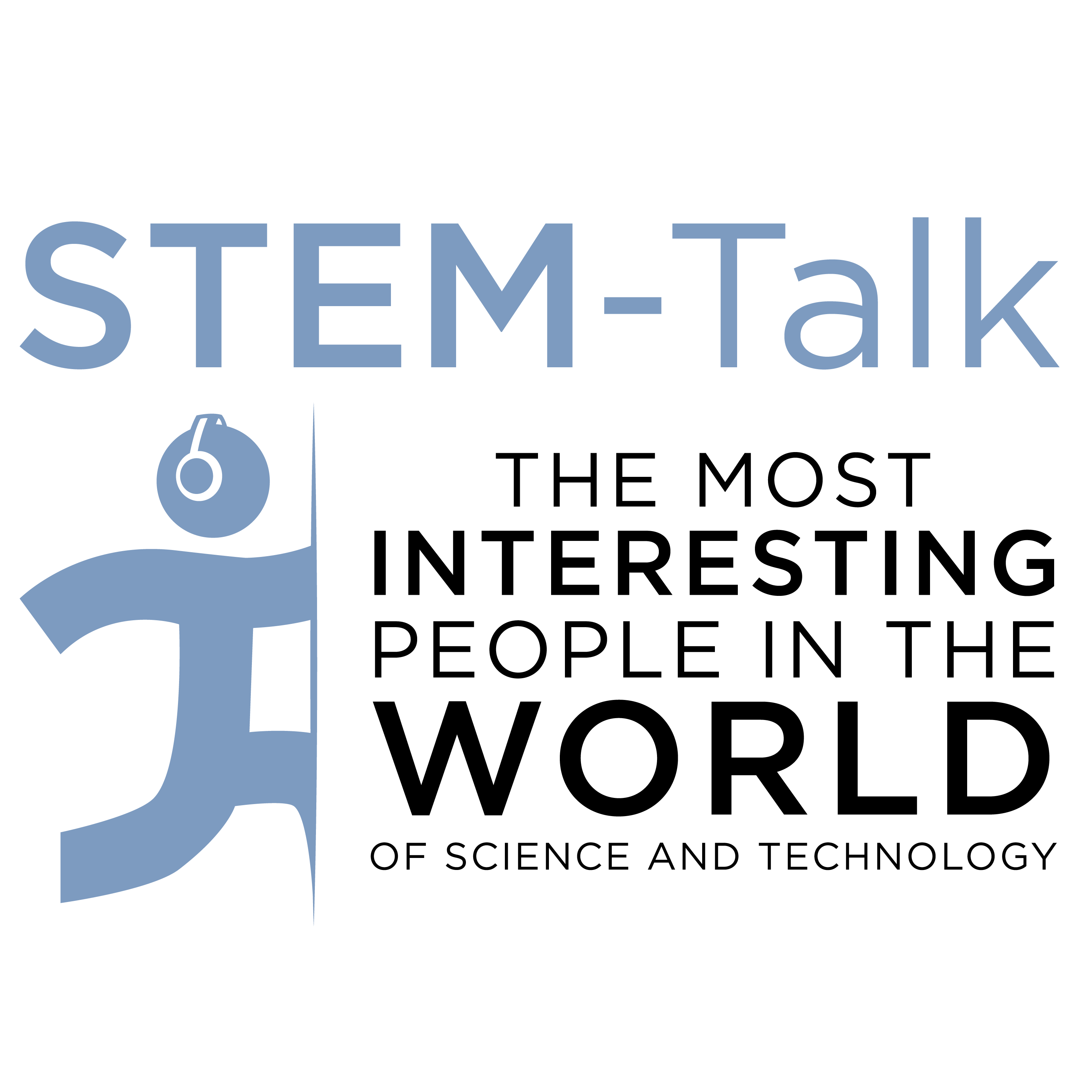Episode 169: Dave Feldman talks about cholesterol and the ketogenic diet
Description
Dave Feldman is the founder of the Citizen Science Foundation and is known for his research into the ketogenic diet. Dave is a software engineer by training who embraced a ketogenic diet to avoid his progression toward type 2 diabetes. he joins us on this episode of STEM-Talk to share that journey.
After undertaking the high-fat/low-carbohydrate diet, Dave’ LDL cholesterol spiked. Dave used his training as an engineer to start learning everything he could about cholesterol and lipids. What he learned led him to create the website Cholesterol Code, a research hub for information and emerging data on cholesterol, particularly in the context of a low-carbohydrate lifestyle.
Dave’s Citizen Science Foundation is designed to support projects and research that promote collaborative efforts across multiple disciplines, both in and outside formal scientific institutions.
Show notes:
[00:02:53] Dawn opens the interview asking Dave what he was like as a kid.
[00:03:44] Dawn mentions that Dave divided his time as a child between Denver and Wichita due to his parents’ divorce and asks Dave what the best part of his childhood was.
[00:04:28] Ken mentions that Dave has described both his parents as graphic artists and Bohemian, “hippie spirit” types. Ken asks what he learned from them that fueled his interests and goals.
[00:05:46] Ken asks about Dave’s first computer, which was a Commodore 64, as well as his early experience with computers.
[00:08:50] Dawn mentions that Dave’s interest in computers came in a time before the internet and asks what he learned about computing in those days.
[00:10:51] Dawn explains that since Dave grew up in the 1980s, there was not much in the way of computer science curriculum in schools and asks Dave how he supported his interest in programming.
[00:12:33] Ken asks Dave about how self-directed learning has been a theme throughout his whole life.
[00:14:35] Dawn asks Dave about his childhood hobbies, including running and competitive storytelling.
[00:17:01] Ken asks how Dave’s experiences in forensic debate in high school helped his career later in life.
[00:18:56] Dawn mentions that Dave initially attended film school and asks if it is true that Dave’s side hustle of doing contract software work overtook his original plan to graduate.
[00:20:49] Dawn asks about Dave’s experiences working in the game platform development business in Las Vegas, as well as what these experiences taught him.
[00:22:23] Ken asks Dave about a “the piece of paper” that Dave says changed his life in 2015.
[00:28:58] Ken follows up, asking Dave if he checked his LDL-P or his ApoB at the same time as his cholesterol levels.
[00:30:37] Ken mentions that he knows some people that when consuming a ketogenic diet did not see a substantial increase in LDL-C, but did experience a substantial elevation of LDL-P.
[00:35:03] Ken pivots to discuss a paper that Dave and others published in Current Developments in Nutrition in 2022 titled: “Elevated LDL Cholesterol with a Carbohydrate-Restricted Diet: Evidence for Lean Mass Hyper-Responder Phenotype.” Ken asks Dave to describe what it means to be a lean mass hyper-responder.
[00:40:19] Ken mentions his caution against the term lean mass hyper-responder, as it is unclear what “lean mass” refers to in this case. Ken goes on to say that while the lean mass hyper-responder phenotype can be objectively measured in terms of LDL, HDL and triglyceride levels, the lean mass aspect is often measured in these studies with BMI, which is unable to measure body composition. Ken asks Dave what his thoughts are on this and if he would like the possibility of moving away from BMI and towards DEXA scans.
[00:43:37] Ken mentions that Dave’s original article describing the lean mass hyper-responder phenotype has received a lot of response from individuals claiming to fall into that category. While it is difficult to get a precise estimate of the popul...
More Episodes
Today we have Dr. Rudolph E. Tanzi, who is perhaps best known for co-discovering all three familial early-onset Alzheimer's disease genes. In addition, Rudy’s lab was the first to use human stem cells to create three-dimensional human brain organoids and three-dimensional neural-glial culture...
Published 10/25/24
Published 10/25/24
Our guest today is Dr. Anurag Singh, the chief medical officer at Timeline Nutrition, a Swiss life-science company that focuses on ways to improve mitochondrial and cellular health. Anurag is particularly known for his research into the gut metabolite, urolithin-A, which has been shown to improve...
Published 09/23/24


